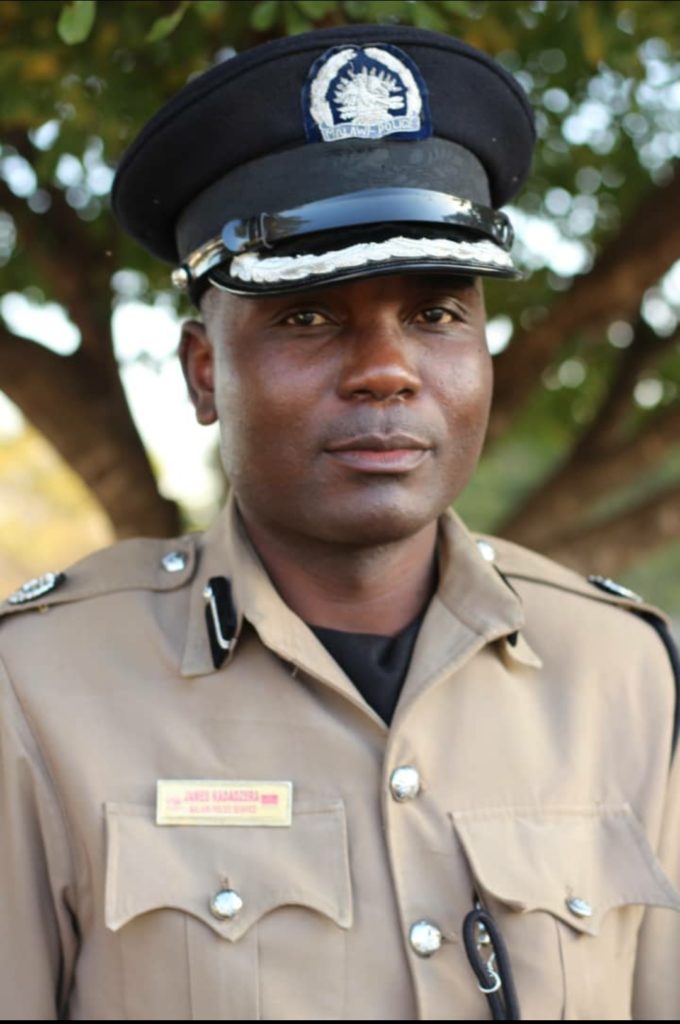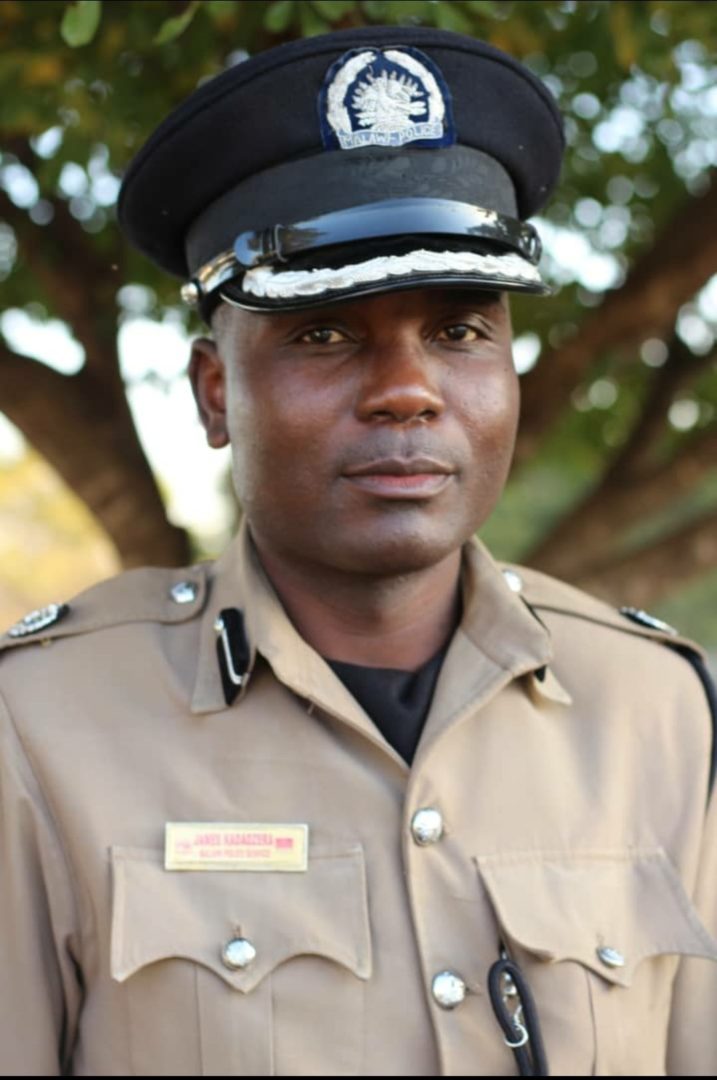By Staff Reporter
The Malawi Police has announced that the Independent Police Complaints Commission (IPCC) is to take the leading role in the Investigations on alleged sexual violence of girls and women in M’bwatalika and Mpingu areas. This decision has been made in light of increasing criticism of possible bias if the Police is to investigate its own officers. Police allegedly went on the rampage in the areas following the brutal murder of their colleague, Suwedi Iman, who was stoned to death by residents during protests
According to Police spokesman James Kadadzera in a press release, the Malawi Police Service, the Malawi Human Rights Commission, the Women Lawyers Association and the United Nations jointly signed Terms of Reference (ToRs) on fresh investigations into alleged rape and defilement of girls and women in Mpingu and M’bwatalika areas by police officers on 8th October 2019. However, a police investigation report was leaked to the social media and some mainstream media.
The leaking of the report raised concerns but also criticism on why the Police is being given power to investigate its own officers. The leaked report failed to identify any suspect and complaints that police investigators harassed the witnesses. On this one Kadadzera said “The leaked report does not, therefore, represent the official position of the Police on the matter. The Police reaffirms its commitment to the joint fresh investigations. The Service is mindful of the fact that some individuals and groups have questioned the impartiality of the Police during the previous investigations and of course the pending fresh investigations. The concern emanates from the fact that the Service is investigating its own officers”

In light of this, a decision has been made to have the Independent Police Complaints Commission (IPCC) take over leading role in the investigation. According to kadzadzera , going forward the police will provide support and cooperation “The involvement of the Service will thus be restricted to the provision of support and cooperation in line with section 130 of the Police Act. This will take away the concern of actual or perceived bias by the Service”. The commission was originally formed as result of concerns from Malawians about lack of independence in the way police handle cases involving fellow officers and was established under part 8 of the Police Act.
Police have been at the centre of criticism after their report titled ‘Investigation report on alleged sexual abuse of women and girls by police officers at M’bwatalika and Mpingu Trading Centres’, put the blame on the victims saying the rape victims were coaxed into making the claims by some politically-connected individuals—with a lawyer, a Member of Parliament and local area politicians being the masterminds.
The new investigation has gathered much interest now after the just finished court case of Police Involvement in the rape of women in Msundwe. Prominent civil rights g groups like the Human Rights Defenders Coalition (HRDC) have in the past accused Police of shielding its own officers. The Msundwe case will cost the government a K376.5 million windfall with K121.5 million for the alleged victims of what is dubbed Msundwe Rape case and K255 million for their lawyers who represented them pro-bono



